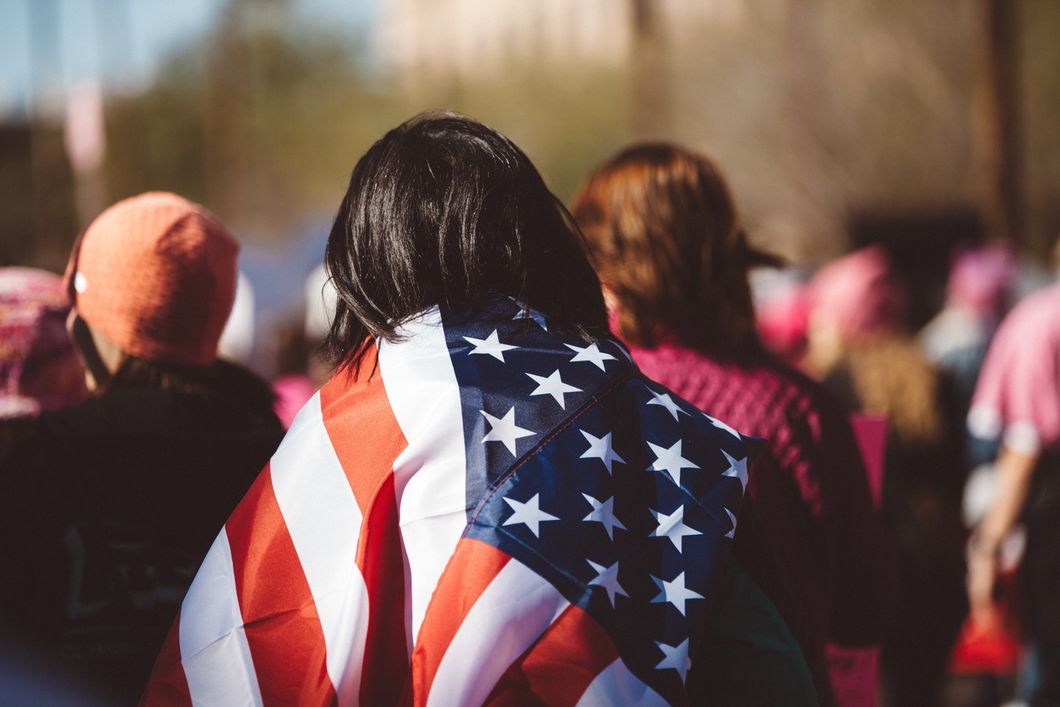This semester I'm taking quite a few classes that have discussions and readings surrounding the topics of racism, prejudice, discrimination and different group dynamics in this world. We talk a lot about how they intertwine with each other or how they most definitely do not.
For as long as I can remember, I was the girl in my classes that was asked those certain questions. The ones you get asked when your skin color isn't the same as everyone else. "What are you?" "What kind of food do you eat at home?" "Can you speak languages that aren't like... English?"
My parents are from India, so my ethnicity is Indian. My skin is brown and my hair is black. I don't look like any other ethnic group except for Indian, so people tend to zone in on all the questions that flood their minds when it comes to talking to others that are apart from their culture.
Elementary school was around the time when I realized that while I grew up in Missouri and had the same American traditions (for the most part) as everyone else, I was always slightly put in an outer group because of my skin color. Middle school was when these realizations became more of a reality. People would ask me questions about my ethnicity, but they wouldn't ask in a nice way -- they didn't really want to know. It was more of a mockery, an intentional exclusion from their world. A world that I was already living in, but for some reason I was singled out.
When you're in middle school, you're already insecure about quite literally everything about yourself. So at a place where I had absolutely zero confidence, those words of exclusion would hit me hard. There were many more instances in middle school where I would get asked questions like If I spoke "Indian," if my family was Hindu... the list goes on. Each time I would get asked a question like this, a little piece of my culture felt like it was being stripped away. I began to feel ashamed for things that I had no reason to be ashamed of. In the public eye, I felt like I couldn't express that part of my ethnicity and if I did, I would get made fun of for it.
High school, on the other hand, was a different story. A better story? Maybe a story that I felt more included in. While people occasionally would ask me pinpointed questions about my ethnicity, they were less derogative questions that people genuinely wanted answers too. Who knew people actually can grow up from middle school to high school? It was like I shifted worlds a bit. I was pulled out of a world of pointed fingers and into a world of acceptance and awe. All of sudden, people were fawning over my hair, complimenting my skin tone and feeding me the affirmation that was stripped away in middle school.
I was still the minority in some instances, but I was also part of the majority group. I never had to worry about cops treating me differently, I never had to be watched when I went into stores and as time went on, I was just another young woman living in America.
Being able to have two perspectives of each group has been extremely beneficial to me. I've been able to side with others from different standpoints as well as have a voice in different environments when it comes to speaking about ethnicity and culture. I'm very proud of my cultural background as well as my background within all my other affiliations that I identify with. This is just a part of who I am and I'm glad that I've gained confidence over the years to live that out to the best of my abilities.

















